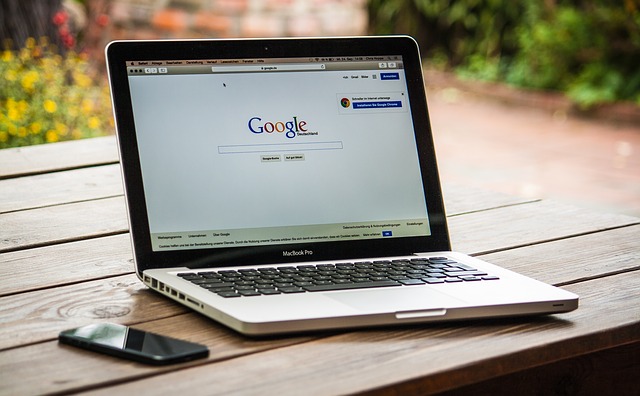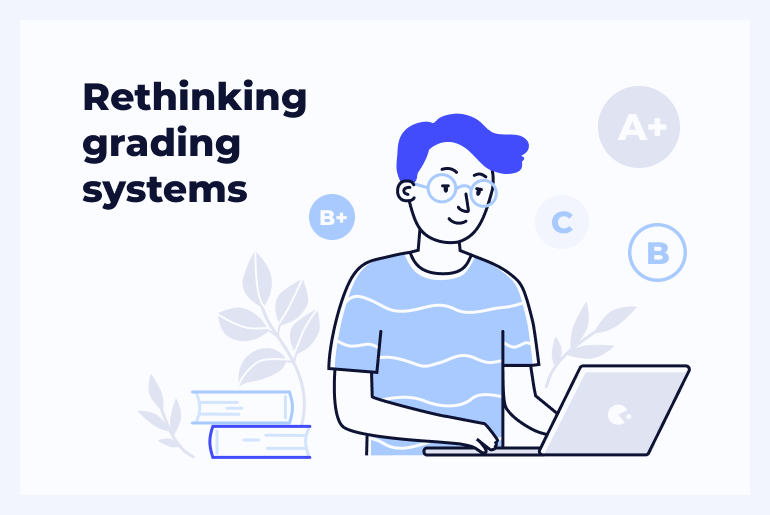Do you remember the news about the Google Books victory after a long-drawn-out trial we shed light earlier? As you understand, we mention it now not by accident. After obtaining official approval of the Google team, the Unicheck plagiarism scanner is on the point to launch a new project in 2016. Do you long to learn more details? Once the final passage is read, you’ll be aware of them all. So, let’s go ahead.
A Few Facts About Google Books to “Wow” You
With the total number of scanned books and journals exceeding 25 million, Google Books keeps on partnering up with numerous university libraries including University of Oxford and Harvard to create the biggest digital research library ever. It shows full-text books and allows to download some of them in .pdf unless they are protected by the copyright. Copyrighted works are only available for previews.
How has Google Books managed to digitize so many valuable information sources within six years? The secret of this success lies in a patented technology with infrared light able to scan 1,000 pages of printed materials per hour.
This way everyone across the planet will be able to acquire desired knowledge and make use even of those books that are no longer published. This can help broaden our horizons a lot. Though there is still much work to be done: According to Google’s estimates the overall amount of book titles is about 130 million.
How Can a Pro Bono Project Initiated by Unicheck Help Educators?
Knowing that some students may steal entire paragraphs from printed books or journals and insert them into their academic writings as if they were composed on their own, the Unicheck team considered all possible chances to assist educators with catching cheaters in a quick and simple way. And we were struck by the idea to give every educator a chance to run student paper checks against an enormous Google Books database. So, we emailed to the Google team in order to obtain their official permission.
Our negotiations began in August 2015. The Google representatives carefully considered our request and approved the initiative. The only mandatory condition was to make this service free to use. Luckily, our goals coincided.
Thus, Unicheck will be the first and only tool able to scan for similarities against the Google Books repository to increase educators’ chances of finding non-unique works and boosting productivity. Isn’t it amazing? The tool for educators is expected to be released in the first quarter of 2016. Follow our updates on the Unicheck blog to stay tuned!




